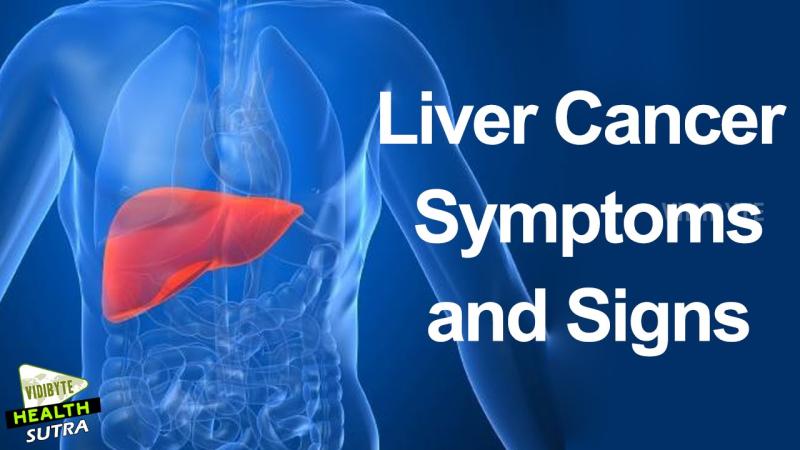What is the sign for liver cancer?
Liver cancer, especially in its early stages, might not show obvious signs or symptoms. However, as the disease progresses, individuals might experience the following signs or symptoms related to liver cancer:
Abdominal Pain: Pain or discomfort in the upper abdomen on the right side might occur as the liver enlarges or if there's pressure on surrounding tissues.
Jaundice: Yellowing of the skin and eyes (jaundice) can occur due to the buildup of bilirubin when the liver is affected. Dark urine and pale-colored stools might also accompany jaundice.
Unexplained Weight Loss: Significant and unexplained weight loss without changes in diet or exercise could be a symptom of various cancers, including liver cancer.
Loss of Appetite and Fatigue: A loss of appetite, feeling full even after eating small amounts, and fatigue might be experienced due to the body's response to the cancer.
Swelling and Pain: Swelling or fluid buildup in the abdomen (ascites) and pain or discomfort in the abdominal area could be indicative of liver cancer.
Nausea and Vomiting: These symptoms might occur as a result of liver cancer affecting the digestive system.
Enlarged Liver or Lumps: In some cases, a noticeable lump or an enlarged liver might be felt in the abdomen.
It's important to note that these symptoms can also be caused by conditions other than liver cancer. If you experience persistent or worsening symptoms that concern you, it's crucial to consult a healthcare professional for proper evaluation and diagnosis. Early detection can significantly impact the prognosis and treatment outcomes for liver cancer. Regular check-ups and screenings are recommended, especially for individuals at higher risk due to factors such as chronic liver disease, hepatitis infections, or a family history of liver cancer.
What are the specific signs indicative of liver cancer?
The signs and symptoms of liver cancer can vary depending on the stage of the disease. In the early stages, liver cancer may not cause any symptoms at all. However, as the cancer progresses, you may experience the following signs and symptoms:
- Unexplained weight loss
- Loss of appetite
- Feeling very full after a small meal
- Nausea or vomiting
- Pain in the upper right abdomen
- Swelling or fluid buildup in the abdomen (belly)
- Yellowing of the skin and eyes (jaundice)
- Dark urine
- Pale stool
- Itchy skin
- Fatigue
- Weakness
- Fever
If you experience any of these signs or symptoms, it is important to see your doctor right away. Early diagnosis and treatment of liver cancer can improve your chances of a cure.
Are there identifiable symptoms in the early stages of liver cancer?
No, there are not always identifiable symptoms in the early stages of liver cancer. This is why it is important to see your doctor for regular checkups, even if you are not feeling any symptoms. Your doctor can order tests to check for liver cancer, even if you do not have any symptoms.
How does liver cancer progress in its later stages?
As liver cancer progresses, it can cause a number of complications. These complications can include:
- Portal vein thrombosis: This is a blood clot in the portal vein, which is the vein that carries blood from the liver to the intestines.
- Splenic vein thrombosis: This is a blood clot in the splenic vein, which is the vein that carries blood from the spleen to the liver.
- Ascites: This is a buildup of fluid in the abdomen.
- Jaundice: This is a yellowing of the skin and eyes.
- Hepatic encephalopathy: This is a condition that can cause confusion, drowsiness, and other neurological problems.
- Liver failure: This is a life-threatening condition that occurs when the liver is unable to function properly.
If you are diagnosed with liver cancer, it is important to work closely with your doctor to manage your symptoms and prevent complications. Treatment for liver cancer will vary depending on the stage of the disease and your overall health.













